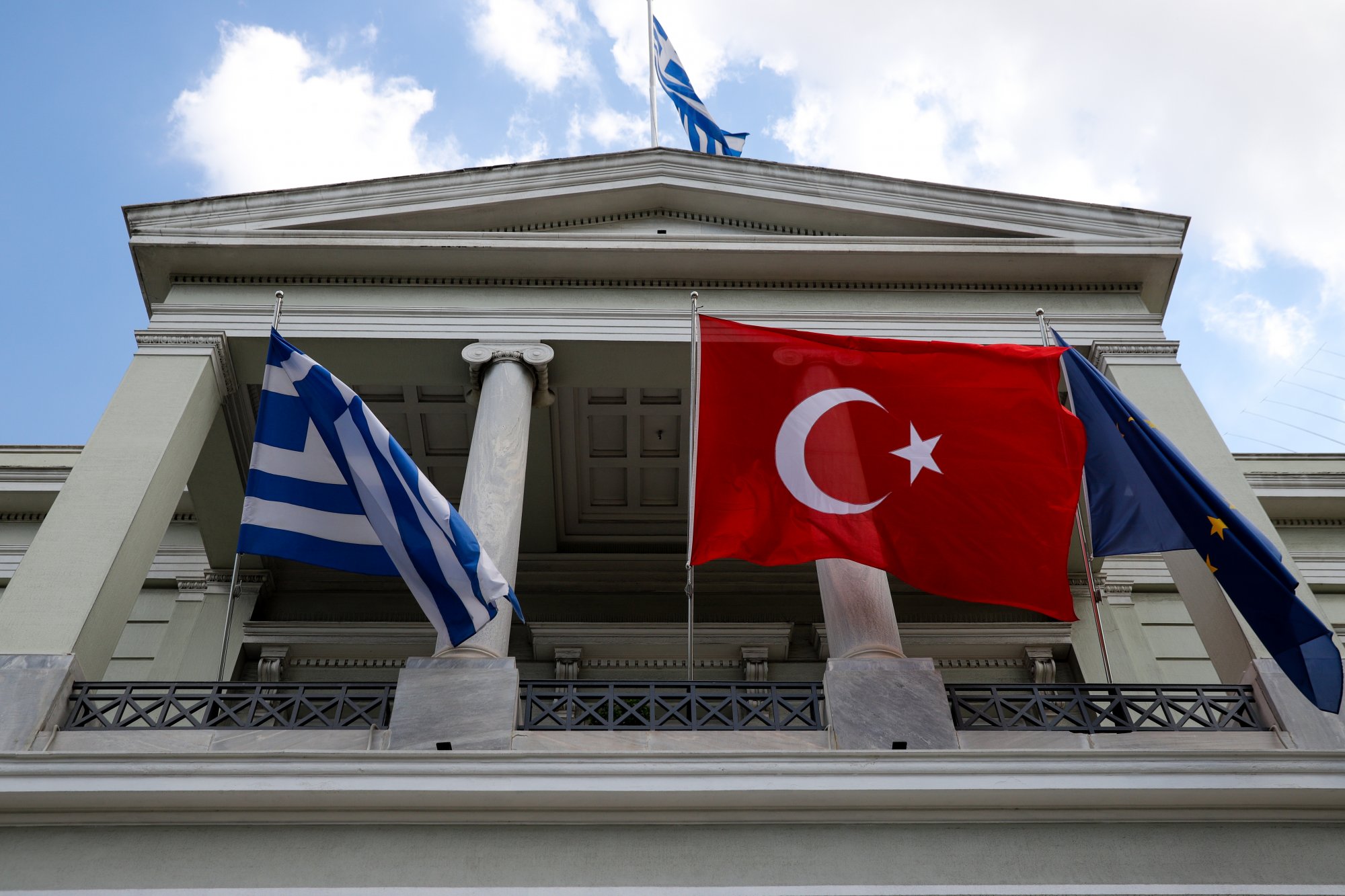The Greek ministry of foreign affairs on Wednesday issued a stern rebuke to an announcement by the Turkish foreign ministry disputing Greece’s right to designate undersea marine parks in the Aegean Sea.
Athens said official Turkey is “politicizing an environmental issue,” while Greece pledges to “steadfastly defend sovereignty and sovereign rights in line with foreign policy principles.”
Athens’ announcement was in reaction to a previous day’s Tuesday regarding the establishment of two marine parks, one in the Ionian Sea and the other in the central Aegean, sparked Turkey’s reaction, with Ankara claiming that Greece is “exploiting environmental issues” when it refers to islands in the Aegean “whose sovereignty has not been transferred to Greece through international agreements.”
In its response, the Greek ministry emphasizes that the universal challenge of environmental protection should sensitize governments and not be used to create impressions.
“The Greek government will continue to unequivocally support the sovereignty and sovereign rights of the country within the framework of foreign policy principles. Drawing on international law and, in particular, the United Nations Convention on the Law of the Sea, of which Greece is a contracting party. The practice of transactional diplomacy and the use of hybrid means for geopolitical benefits do not befit Greek foreign policy.”
As per the 1923 Lausanne Treaty, Article 6, “…islands and islets lying within three miles of the coast are included within the frontier of the coastal State (Turkey), while Article 12 later stipulates that “…Except where a provision to the contrary is contained in the present Treaty, the islands situated at less than three miles from the Asiatic coast remain under Turkish sovereignty.” This treaty covered all the islands in the Aegean except the Dodecanese isles in the sea’s southeast quadrant, which were under Italian sovereignty.
With Italy’s defeat in WWII on the side of the Axis, the 1947 Paris Treaty awarded the Dodecanese islands and isles to WWII victor Greece, given their historical ties to the Greek nation going back some three millennia and the fact that practically all of the residents of the Dodecanese Islands were ethnic Greek Orthodox Christians – sans a small Turkish Muslim community on Rhodes and Kos.




